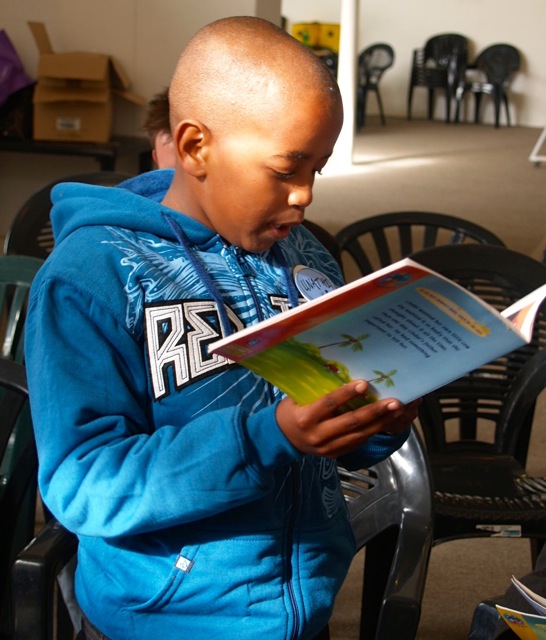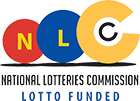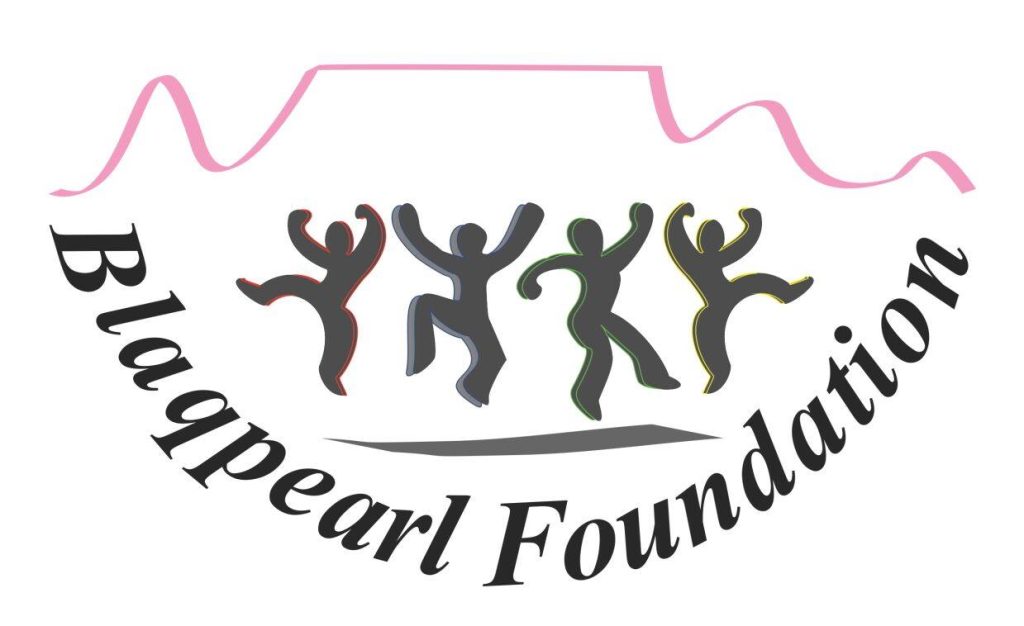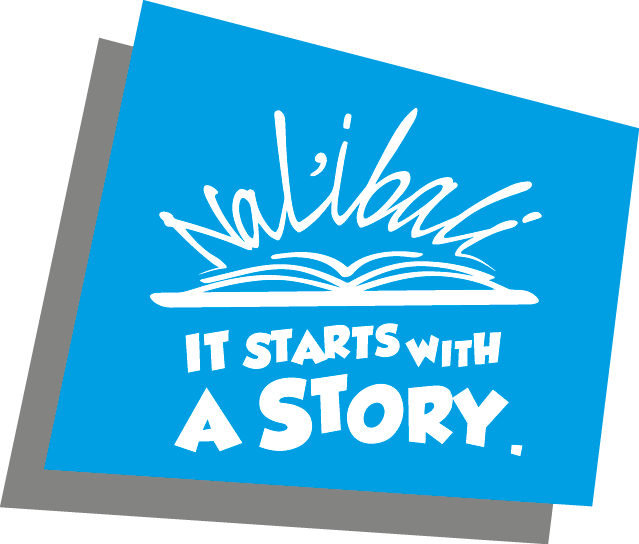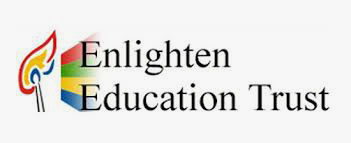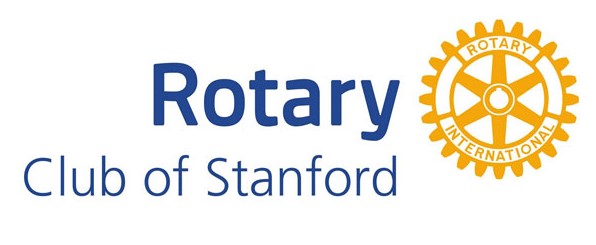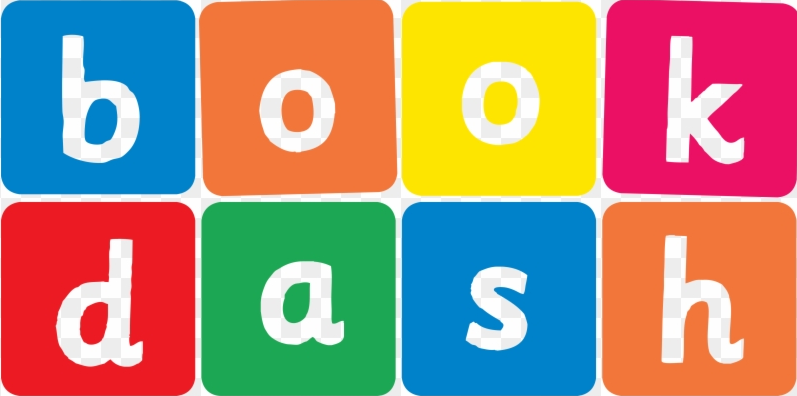We work with children of ten, eleven and twelve (for the most part) and most of them speak English as their second, or even third, language. To compound the problem any group – whether in Red Hill or Clanwilliam – will consist of children who speak either Afrikaans or Xhosa as their home language, so there is no common home language.
We work in English because all the children learn English at school and also because (in a rare word of support for the dreaded television) they listen to and watch a great many programmes in English. We always have translators available to help anyone who is struggling, but rarely need to call on them. (Volunteer librarians, teachers or community members.) Translation of words often comes spontaneously from the children.
We choose texts extremely carefully, abridging them and simplifying the language where this is indicated, and provide support materials for the children to aid with language comprehension. We are slowly developing this as part of the iPad project where, for example, an abridged version of one of our project books – The Snow Goose – was loaded onto the iPads in advance. When it comes to writing their own texts, we always emphasis that any language can be used. Most choose to write in English.
When reading the work that we publish on this website, it is important to notice that these texts are written by quite young children, who do not have much background in creative writing and who are usually writing in a language that is not their own.
Remarkably – and we would never have asked them to do this – they show a great liking for reading aloud, both from their own work and from featured books. This was a surprise. They love it! Providing that nobody is made to read who doesn’t really want to, it seems to be a really viable workshop activity and one that brings the children yet another pleasure in reading.

